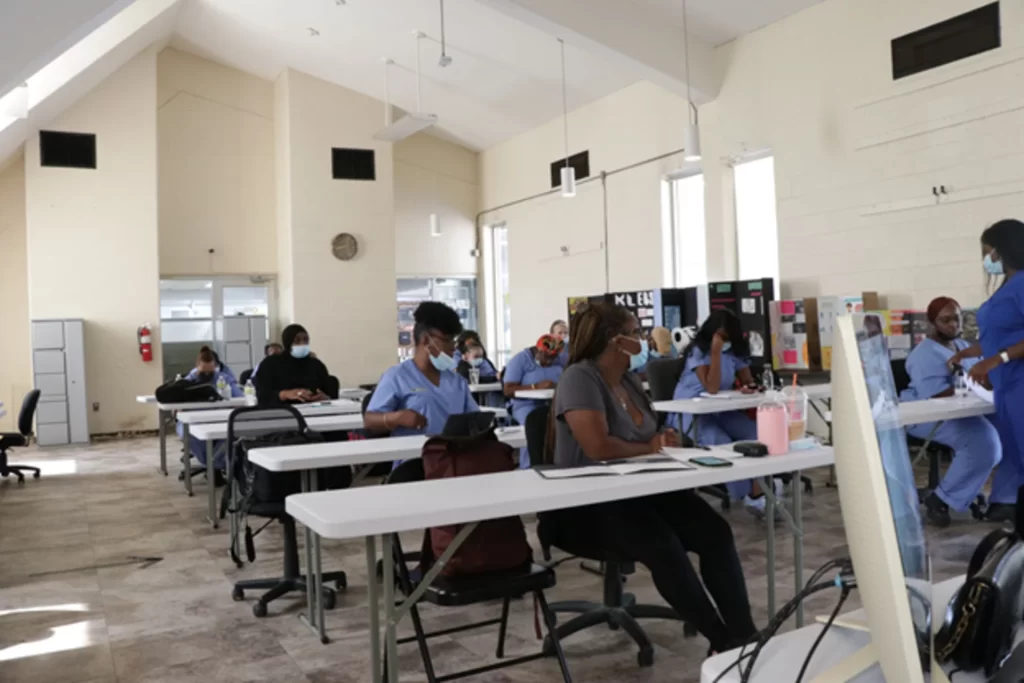Sterile Processing Technicians play a vital role in the healthcare industry by ensuring the safety of patients undergoing surgical procedures. They are responsible for decontaminating, sterilizing, cleaning, and preparing medical instruments for surgical procedures. Given the essential nature of their role, Sterile Processing Technicians must obtain proper training. This article will look at why training is so important for Sterile Processing Technicians.
Patient safety is the major priority in the healthcare industry, and Sterile Processing Technicians play a vital role in ensuring patient safety. By adequately sterilizing and preparing medical instruments, Sterile Processing Technicians lessen the risk of infection and other complications. Proper training is important to ensure that Technicians have the skills and knowledge necessary to perform their job safely and effectively.
Sterile Techs must obey regulations set by government agencies, like the Centers for Disease Control and Prevention (CDC), to ensure that all instruments are adequately sterilized and ready for use. Sterile Processing Training ensures that Technicians have the skills and knowledge necessary to comply with these regulations and maintain a clean and safe environment.
Sterile Processing Technicians must retain high-quality standards to assure that all instruments are in good working order and ready for use. Sterile Processing Training educates Technicians on the proper methods for sterilizing, decontaminating, packaging, and distributing surgical instruments, equipment, and supplies.
Sterile Processing Technicians who complete formal training and certification programs for their sterile processing jobs demonstrate their knowledge and skills in sterilization techniques, instrumentation, and patient safety. This can lead to career advancement and higher earning potential.

Sterile Processing Training keeps Technicians informed about new technologies and industry trends, allowing them to maintain their knowledge and skills and provide high-quality care to patients.
Sterile Processing Techniques change and evolve; technicians must stay updated on the latest techniques and procedures. Sterile processing classes provide Technicians with hands-on experience in the latest sterilization techniques and procedures.
Sterile Processing Technicians have the opportunity to continue their education and training to stay current with industry trends and advancements. They can earn additional certifications, such as the Certified Registered Central Service Technician (CRCST) offered by the International Association of Healthcare Central Service Materiel Management (IAHCSMM), and attend continuing education courses to maintain their knowledge and skills.
Read More: